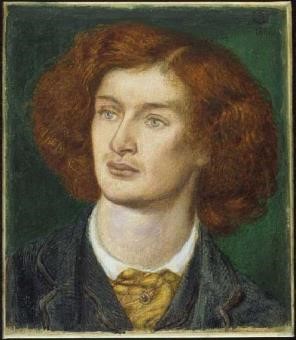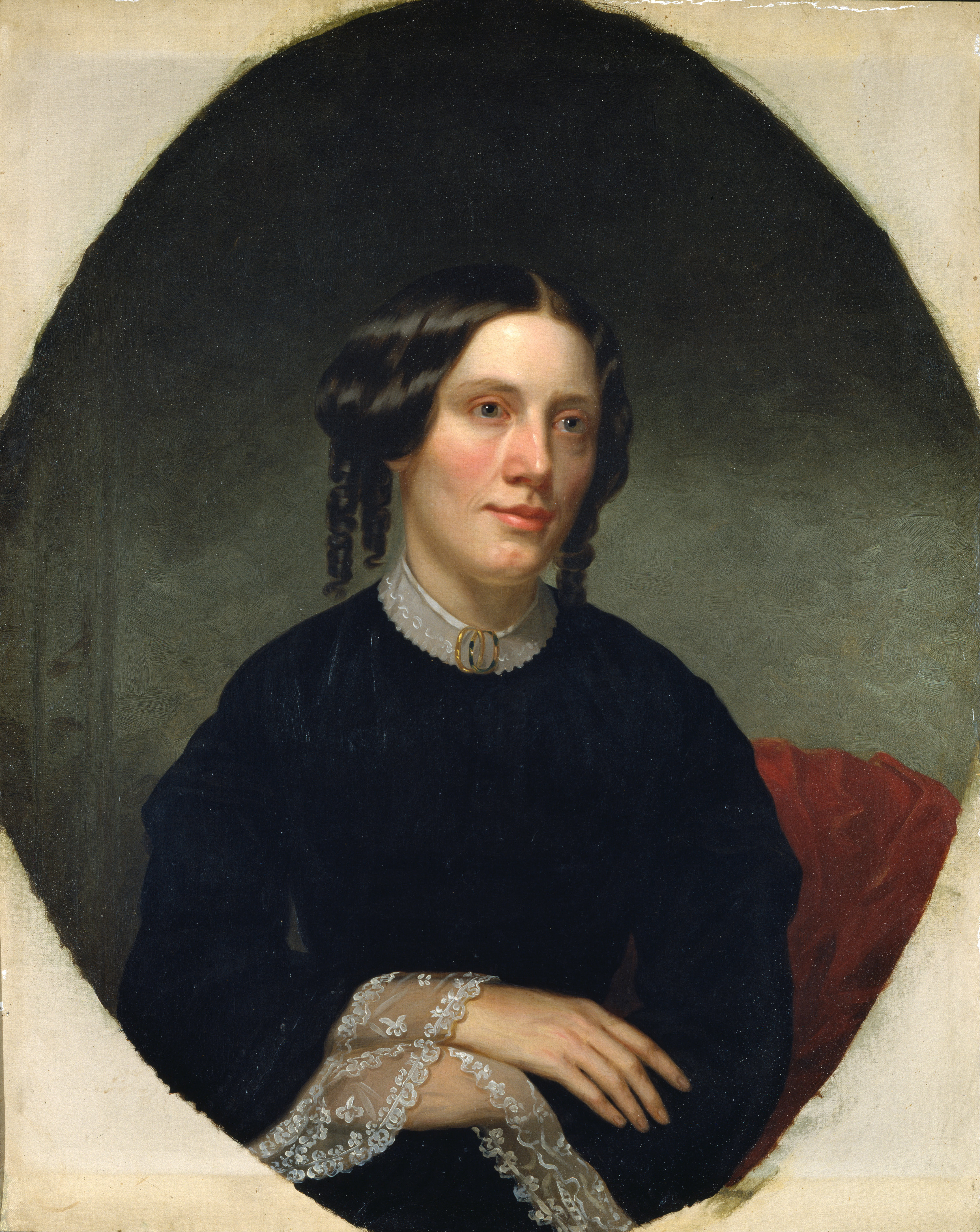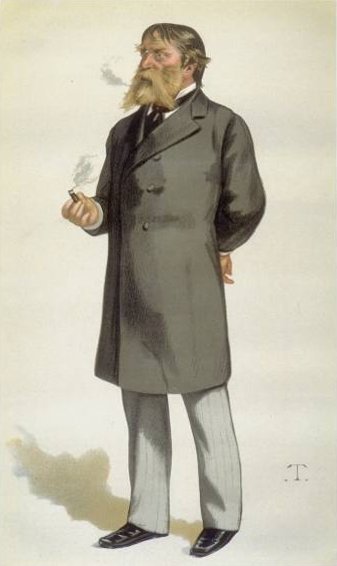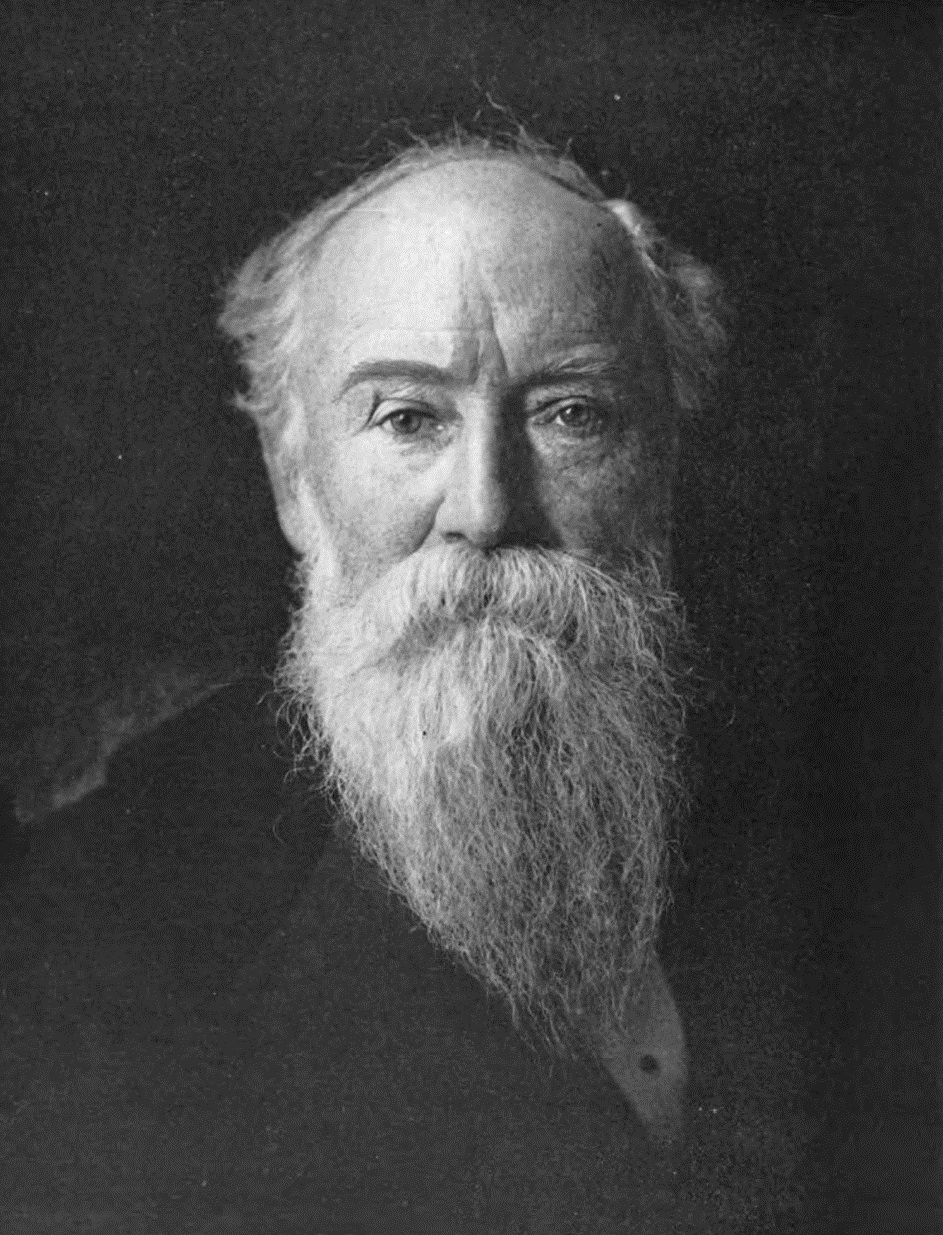|
1867 In Poetry
Nationality words link to articles with information on the nation's poetry or literature (for instance, Irish or France). Events * The first blue plaque is erected in London by the Royal Society of Arts on the birthplace (1788) of English poet Lord Byron, subsequently demolished. Works published in English Canada * Charles Heavysege, "Jezebel," ''New Dominion Monthly'' (Montreal) United Kingdom * Matthew Arnold, ''New Poems'', including "Dover Beach" * Philip James Bailey, ''Universal Hymn'' (see also ''Festus'' 1839) * Mathilde Blind, publishing under the pen name "Claude Lake", ''Poems'' * Jean Ingelow, ''A Story of Doom, and Other Poems'' * William Morris, ''The Life and Death of Jason'' * Algernon Charles Swinburne, ''Song of Italy'' * Augusta Webster, ''A Woman Sold, and Other Poems'' United States * George Arnold, ''Poems, Grave and Gay'', published posthumouslyLudwig, Richard M., and Clifford A. Nault, Jr., ''Annals of American Literature: 1602–1983'', 198 ... [...More Info...] [...Related Items...] OR: [Wikipedia] [Google] [Baidu] |
Irish Poetry
Irish poetry is poetry written by poets from Ireland. It is mainly written in Irish language, Irish and English, though some is in Scottish Gaelic literature, Scottish Gaelic and some in Hiberno-Latin. The complex interplay between the two main traditions, and between both of them and other poetries in English and Scottish Gaelic literature, Scottish Gaelic, has produced a body of work that is both rich in variety and difficult to categorise. The earliest surviving poems in Irish date back to the 6th century, while the first known poems in English from Ireland date to the 14th century. Although there has always been some cross-fertilization between the two language traditions, an English-language poetry that had absorbed themes and models from Irish did not finally emerge until the 19th century. This culminated in the work of the poets of the Irish Literary Revival in the late 19th and early 20th century. Towards the last quarter of the 20th century, modern Irish poetry tended ... [...More Info...] [...Related Items...] OR: [Wikipedia] [Google] [Baidu] |
Algernon Charles Swinburne
Algernon Charles Swinburne (5 April 1837 – 10 April 1909) was an English poet, playwright, novelist, and critic. He wrote several novels and collections of poetry such as ''Poems and Ballads'', and contributed to the famous Eleventh Edition of the ''Encyclopædia Britannica''. Swinburne wrote about many taboo topics, such as lesbianism, sado-masochism, and anti-theism. His poems have many common motifs, such as the ocean, time, and death. Several historical people are featured in his poems, such as Sappho ("Sapphics"), Anactoria ("Anactoria"), and Catullus ("To Catullus"). Biography Swinburne was born at 7 Chester Street, Grosvenor Place, London, on 5 April 1837. He was the eldest of six children born to Captain (later Admiral) Charles Henry Swinburne (1797–1877) and Lady Jane Henrietta, daughter of the 3rd Earl of Ashburnham, a wealthy Northumbrian family. He grew up at East Dene in Bonchurch on the Isle of Wight. The Swinburnes also had a London home at Whitehall G ... [...More Info...] [...Related Items...] OR: [Wikipedia] [Google] [Baidu] |
Harriet Beecher Stowe
Harriet Elisabeth Beecher Stowe (; June 14, 1811 – July 1, 1896) was an American author and abolitionist. She came from the religious Beecher family and became best known for her novel ''Uncle Tom's Cabin'' (1852), which depicts the harsh conditions experienced by enslaved African Americans. The book reached an audience of millions as a novel and play, and became influential in the United States and in Great Britain, energizing anti-slavery forces in the American North, while provoking widespread anger in the South. Stowe wrote 30 books, including novels, three travel memoirs, and collections of articles and letters. She was influential both for her writings and for her public stances and debates on social issues of the day. Life and work Harriet Elisabeth Beecher was born in Litchfield, Connecticut on June 14, 1811.McFarland, Philip. ''Loves of Harriet Beecher Stowe''. New York: Grove Press, 2007: 112. She was the sixth of 11 children born to outspoken Calvinist preache ... [...More Info...] [...Related Items...] OR: [Wikipedia] [Google] [Baidu] |
William Gilmore Simms
William Gilmore Simms (April 17, 1806 – June 11, 1870) was an American writer and politician from the American South who was a "staunch defender" of slavery. A poet, novelist, and historian, his ''History of South Carolina'' served as the definitive textbook on state history for much of the 20th century. Literary scholars consider him a major force in antebellum Southern literature; in 1845 Edgar Allan Poe pronounced him the best novelist America had ever produced. Throughout much of his literary career he served as editor of several journals and newspapers."Review of ''From Nationalism to Secessionism: The Changing Fiction of William Gilmore Simms'' by Charles S. Watson," reviewed by Richard J. Calhoun, '' South Atlantic Review'' 60.1 (1995), pp. 149-151. He also served in the South Carolina House of Representatives from 1844–1846. Early and family life Simms was born on April 17, 1806, in Charleston, South Carolina,Ehrlich, Eugene and Gorton Carruth. ''The Oxford Illustrat ... [...More Info...] [...Related Items...] OR: [Wikipedia] [Google] [Baidu] |
James Russell Lowell
James Russell Lowell (; February 22, 1819 – August 12, 1891) was an American Romantic poet, critic, editor, and diplomat. He is associated with the fireside poets, a group of New England writers who were among the first American poets that rivaled the popularity of British poets. These writers usually used conventional forms and meters in their poetry, making them suitable for families entertaining at their fireside. Lowell graduated from Harvard College in 1838, despite his reputation as a troublemaker, and went on to earn a law degree from Harvard Law School. He published his first collection of poetry in 1841 and married Maria White in 1844. The couple had several children, though only one survived past childhood. He became involved in the movement to abolish slavery, with Lowell using poetry to express his anti-slavery views and taking a job in Philadelphia, Pennsylvania, as the editor of an abolitionist newspaper. After moving back to Cambridge, Lowell was one of the f ... [...More Info...] [...Related Items...] OR: [Wikipedia] [Google] [Baidu] |
Henry Wadsworth Longfellow
Henry Wadsworth Longfellow (February 27, 1807 – March 24, 1882) was an American poet and educator. His original works include "Paul Revere's Ride", ''The Song of Hiawatha'', and ''Evangeline''. He was the first American to completely translate Dante Alighieri's ''Divine Comedy'' and was one of the fireside poets from New England. Longfellow was born in Portland, Maine, which was then still part of Massachusetts. He graduated from Bowdoin College and became a professor there and, later, at Harvard College after studying in Europe. His first major poetry collections were ''Voices of the Night'' (1839) and ''Ballads and Other Poems'' (1841). He retired from teaching in 1854 to focus on his writing, and he lived the remainder of his life in the Revolutionary War headquarters of George Washington in Cambridge, Massachusetts. His first wife, Mary Potter, died in 1835 after a miscarriage. His second wife, Frances Appleton, died in 1861 after sustaining burns when her dress caught ... [...More Info...] [...Related Items...] OR: [Wikipedia] [Google] [Baidu] |
Emma Lazarus
Emma Lazarus (July 22, 1849 – November 19, 1887) was an American author of poetry, prose, and translations, as well as an activist for Jewish and Georgist causes. She is remembered for writing the sonnet "The New Colossus", which was inspired by the Statue of Liberty, in 1883. Its lines appear inscribed on a bronze plaque, installed in 1903, on the pedestal of the Statue of Liberty. The last lines of the sonnet were set to music by Irving Berlin as the song "Give Me Your Tired, Your Poor" for the 1949 musical ''Miss Liberty'', which was based on the sculpting of the Statue of Liberty (''Liberty Enlightening the World''). The latter part of the sonnet was also set by Lee Hoiby in his song "The Lady of the Harbor" written in 1985 as part of his song cycle "Three Women". Lazarus was also the author of ''Poems and Translations'' (New York, 1867); ''Admetus, and other Poems'' (1871); ''Alide: An Episode of Goethe's Life'' (Philadelphia, 1874); ''Poems and Ballads of Heine'' (New Yo ... [...More Info...] [...Related Items...] OR: [Wikipedia] [Google] [Baidu] |
Josiah Gilbert Holland
Josiah Gilbert Holland (July 24, 1819 – October 12, 1881) was an American novelist and poet who also wrote under the pseudonym Timothy Titcomb. He helped to found and edit ''Scribner's Monthly'' (afterwards the ''Century Magazine''), in which appeared his novels, ''Arthur Bonnicastle'', ''The Story of Sevenoaks'', ''Nicholas Minturn''. In poetry he wrote "Bitter-Sweet" (1858), "Kathrina", the lyrics to the Methodist hymn " There's a Song in the Air", and many others. Biography Born in Belchertown, Massachusetts, on July 24, 1819, Holland grew up in a poor family struggling to make ends meet. After a time, Josiah was forced to work in a factory to help the family. He then spent a short time studying at Northampton (Massachusetts) High School before withdrawing due to ill health. Later he studied medicine at Berkshire Medical College, where he took a degree in 1844. Hoping to become a successful physician, he began a medical practice with classmate Dr. Bailey in Springfield, Ma ... [...More Info...] [...Related Items...] OR: [Wikipedia] [Google] [Baidu] |
Bret Harte
Bret Harte (; born Francis Brett Hart; August 25, 1836 – May 5, 1902) was an American short story writer and poet best remembered for short fiction featuring miners, gamblers, and other romantic figures of the California Gold Rush. In a career spanning more than four decades, he also wrote poetry, plays, lectures, book reviews, editorials and magazine sketches. As he moved from California to the eastern U.S. and later to Europe, he incorporated new subjects and characters into his stories, but his Gold Rush tales have been those most often reprinted, adapted and admired. Biography Early life Harte was born in 1836 in New York's capital city of Albany. He was named after his great-grandfather, Francis Brett. When he was young, his father, Henry, changed the spelling of the family name from Hart to Harte. Henry's father was Bernard Hart, an Orthodox Jewish immigrant who flourished as a merchant, becoming one of the founders of the New York Stock Exchange. Bret's mother, Eliza ... [...More Info...] [...Related Items...] OR: [Wikipedia] [Google] [Baidu] |
Ralph Waldo Emerson
Ralph Waldo Emerson (May 25, 1803April 27, 1882), who went by his middle name Waldo, was an American essayist, lecturer, philosopher, abolitionist, and poet who led the transcendentalist movement of the mid-19th century. He was seen as a champion of individualism and a prescient critic of the countervailing pressures of society, and his ideology was disseminated through dozens of published essays and more than 1,500 public lectures across the United States. Emerson gradually moved away from the religious and social beliefs of his contemporaries, formulating and expressing the philosophy of transcendentalism in his 1836 essay "Nature". Following this work, he gave a speech entitled "The American Scholar" in 1837, which Oliver Wendell Holmes Sr. considered to be America's "intellectual Declaration of Independence."Richardson, p. 263. Emerson wrote most of his important essays as lectures first and then revised them for print. His first two collections of essays, '' Essays: Firs ... [...More Info...] [...Related Items...] OR: [Wikipedia] [Google] [Baidu] |
Walt Whitman
Walter Whitman (; May 31, 1819 – March 26, 1892) was an American poet, essayist and journalist. A humanist, he was a part of the transition between transcendentalism and realism, incorporating both views in his works. Whitman is among the most influential poets in the American canon, often called the father of free verse. His work was controversial in his time, particularly his 1855 poetry collection ''Leaves of Grass'', which was described as obscene for its overt sensuality. Born in Huntington on Long Island, Whitman resided in Brooklyn as a child and through much of his career. At the age of 11, he left formal schooling to go to work. Later, Whitman worked as a journalist, a teacher, and a government clerk. Whitman's major poetry collection, ''Leaves of Grass'', was first published in 1855 with his own money and became well known. The work was an attempt at reaching out to the common person with an American epic. He continued expanding and revising it until his de ... [...More Info...] [...Related Items...] OR: [Wikipedia] [Google] [Baidu] |
John Burroughs
John Burroughs (April 3, 1837 – March 29, 1921) was an American naturalist and nature essayist, active in the conservation movement in the United States. The first of his essay collections was ''Wake-Robin'' in 1871. In the words of his biographer Edward Renehan, Burroughs' special identity was less that of a scientific naturalist than that of "a literary naturalist with a duty to record his own unique perceptions of the natural world." The result was a body of work whose resonance with the tone of its cultural moment explains both its popularity at that time, and its relative obscurity since. Early life and marriage Burroughs was the seventh of Chauncy and Amy Kelly Burroughs' ten children. He was born on the family farm in the Catskill Mountains, near Roxbury in Delaware County, New York. As a child he spent many hours on the slopes of Old Clump Mountain, looking off to the east and the higher peaks of the Catskills, especially Slide Mountain, which he would later writ ... [...More Info...] [...Related Items...] OR: [Wikipedia] [Google] [Baidu] |








.jpg)


